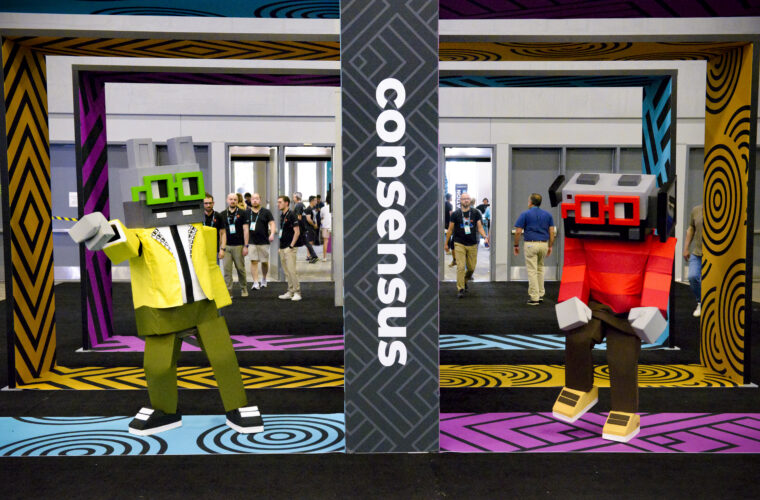Technology has taken a giant step forward in the past few years and the marketing industry has taken advantage of this. Artificial intelligence, machine learning, and biometric recognition have been applied to a new powerful marketing strategy: Hyper-Personalization.
According to Cisco’s report, 70% of buying decisions are based on customer experience. The new generations enjoy and want more personalized attention and, lately, companies have been reaching very impressive levels of personalization with the help of technology.
Every business owner and marketing expert should be aware of this trend. Hyper-Personalization is the new customer experience and is already revolutionizing the industry. Here’s what you must know:
What is Hyper-Personalization?
Social media channels have become great providers of the population’s personal information. These platforms have allowed different brands and companies to address their advertising campaigns to a very specific audience, increasing click rates, engagement, and sales. Now, automation and machine learning are taking personalization to a higher level.
When we talk about hyper-personalization we refer to the use of cutting-edge technology to treat customers as unique visitors, considering their personal interests and needs. Companies and software are using machine learning, artificial intelligence, and biometrics, to consider historic behavior as well as real-time data.
This strategy has already been integrated and applied by many businesses around the world, achieving great results. According to Accenture, 75% percent of customers are more likely to purchase from a brand that offers personalized services based on their individual preferences.
How Companies Are Using Hyper-Personalization
Every day we experience subtle ways of hyper-personalization. Spotify, Netflix, Amazon, and other companies—especially stores and streaming platforms— know your behavior and taste and use it as a marketing strategy daily.
These brands know exactly what to promote to you and when. They send an email to let you know about the new season of your favorite show or the new product of one of your favorite artists or brands in perfect timing. Usually, the users have agreed to provide this information and accepted their terms and conditions.
Other strategies can be sneaky and less notorious for consumers. In the UK, advertising companies recently started using surveillance cameras in malls to target potential customers. The technology in the cameras can recognize people’s age, mood, and gender and later show on screens the “right” advertisement for each passerby.
Building Loyalty And Trust
Gathering personal information and using it to increase sales can be delicate. Not every customer will feel comfortable and companies should be transparent and honest about how they use their customer’s information.
Considering the high impact that a lot of businesses were having on people, some governments have stepped in to create regulations like the General Data Protection Regulation (GDPR) in Europe. The protection of the information collected by these companies should also be a priority and remains as another field of concern.
However, recent data shows that customers enjoy getting personalized attention. Users have admitted to loving when their favorite brands remember their names, clothing size, offers discounts at the right moment, or suggest products and services that they will probably relish.
Hyper-personalization can be a great asset for any company and probably those that are not applying it in their marketing strategies are already lagging behind.



